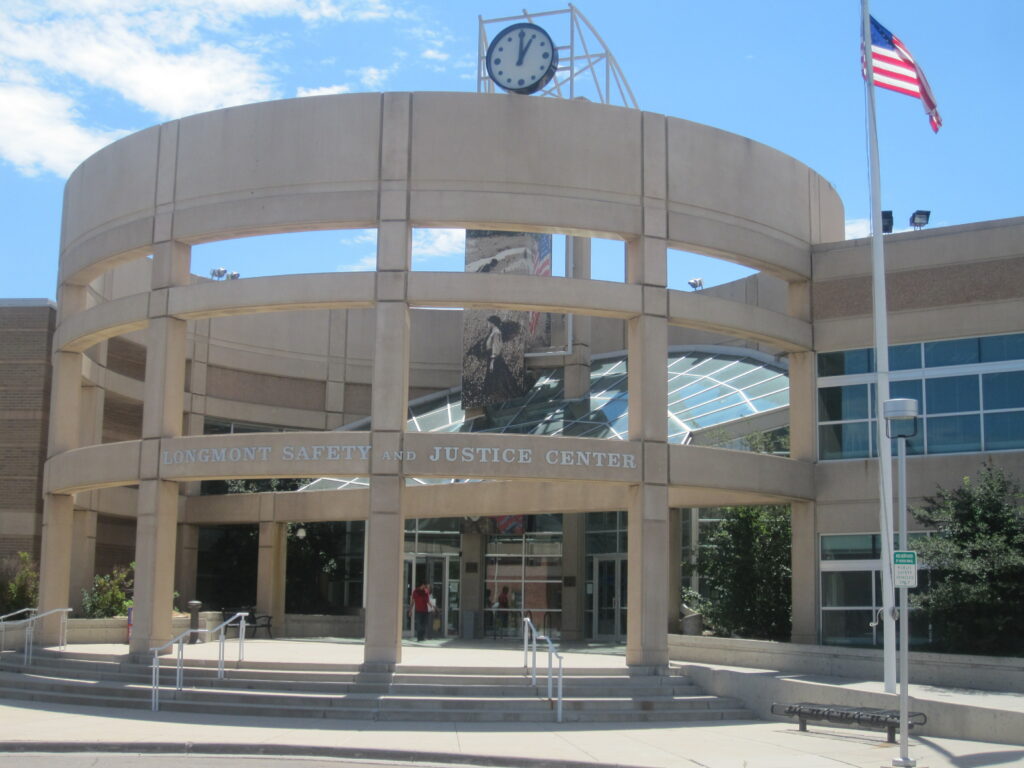Emergency preparedness tips for living in Longmont
Residing in Longmont, Colorado, presents inhabitants with stunning vistas of the Rocky Mountains, a lively community spirit, and a lifestyle envied by many. Yet, as with any area, Longmont faces its unique emergency challenges, such as extreme weather conditions, wildfires, and flooding. Adequate preparation for these emergencies is crucial for the safety and security of Longmont‘s residents. This piece offers vital tips on emergency preparedness to ensure you and your loved ones remain protected. To learn more about Longmont, Colorado, explore insights into the high schools in the Longmont area and the Longmont weather patterns.

Understand the Risks
Longmont’s location at the foothills of the Rocky Mountains presents unique challenges. The city can experience a range of emergencies, from winter storms and extreme cold to the wildfire season in the summer and fall. Understanding these risks is the first step in preparing for them.
Stay Informed
- Emergency Alert Systems: Longmont residents should sign up for the Boulder County Emergency Alert System. This service provides real-time alerts about emergencies and severe weather via phone calls, texts, and emails.
- Local News: Keep informed with local news through radio, TV, and online news sites for updates on emergency situations.
Emergency Kit
Prepare an emergency kit that includes the following essentials:
- Water and non-perishable food for at least three days
- Flashlights, extra batteries, and a battery-powered radio
- First aid kit, medications, and medical items
- Copies of important documents (identification, insurance policies, etc.)
- Items for infants, elderly family members, or pets if applicable
Family Communication Plan
Create a family communication plan that includes:
- Identifying a family meeting place outside your home
- Establishing a relative or friend as a contact point outside the immediate area
- Ensuring all family members know how to send and receive text messages, which may work even when phone calls can’t get through
Home Preparedness
- Fire Safety: Clear your property of dead trees and other flammable materials to create a defensible space around your home. Install smoke detectors and fire extinguishers on every level of your home.
- Flood Awareness: If you live in a flood-prone area, consider flood insurance and make a plan for moving to higher ground. Elevate utilities and appliances in your basement if possible.
- Winter Weather: Ensure your home is well-insulated to keep pipes from freezing. Have a supply of salt or sand for walkways and driveways.
Community Resources
- Emergency Preparedness Classes: The City of Longmont often offers emergency preparedness classes that can provide more detailed information on how to prepare for specific types of emergencies.
- Neighborhood Groups: Joining a neighborhood group or community organization can provide additional support and information during emergencies.
Preparedness can significantly reduce the impact of emergencies on you and your loved ones. By understanding the potential risks, staying informed, and taking proactive steps to prepare, residents of Longmont can ensure they’re ready to face whatever challenges may come their way. Remember, the key to effective emergency preparedness is planning ahead.

